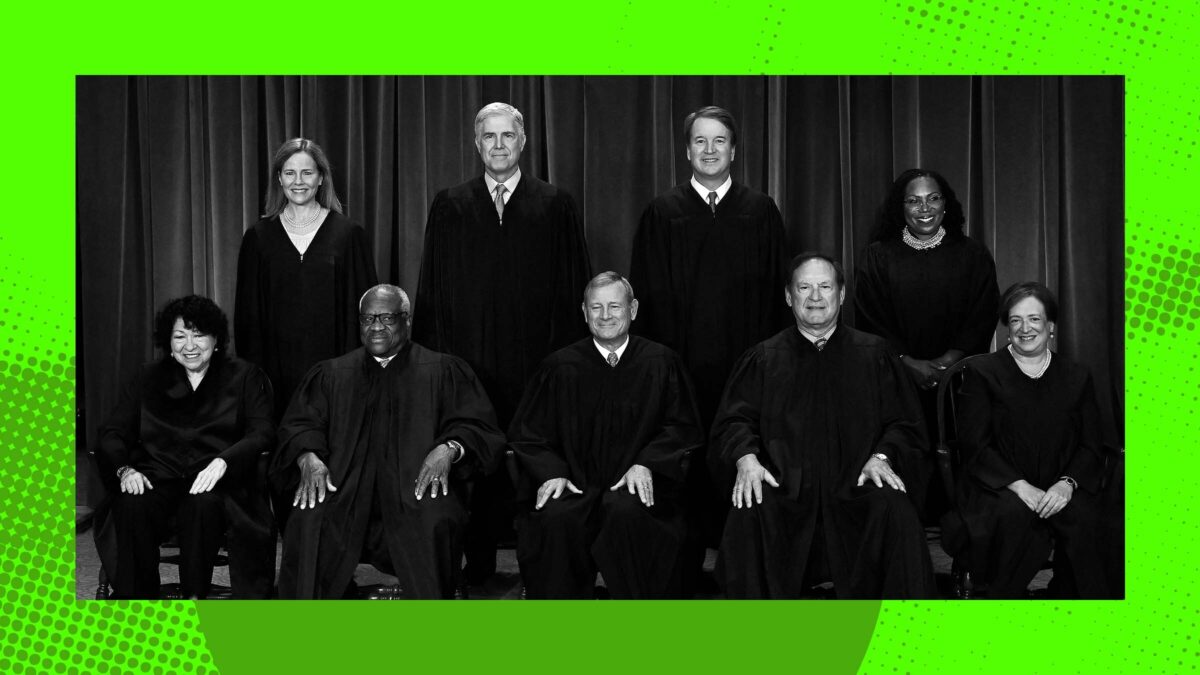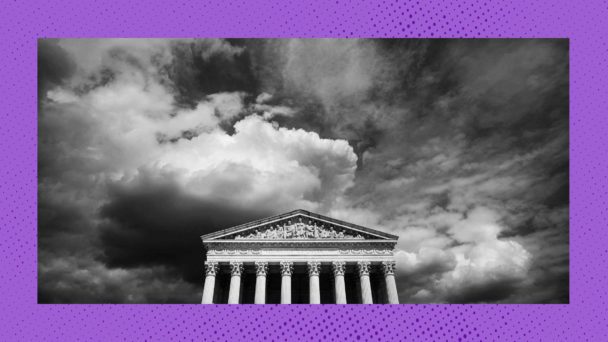On November 12, 2016, Winston Hencely, then a 20-year-old U.S. Army Specialist, was stationed at Bagram Airfield in Afghanistan. The airbase was hosting a Veterans Day 5K, and as hundreds of people gathered at the starting line, Hencely spotted someone approaching who he thought looked out of place. He asked the man where he was going, but the man ignored him. Hencely then grabbed him by the shoulder and felt a bulky explosive vest under the man’s robe. Then the bomber detonated.
The explosion killed six people, including the bomber, and injured seventeen others. Projectiles from the bomb went through Hencely’s skull and brain. As a result, he suffers seizures and neuropathic pain, among a host of other injuries, and he can no longer fully use the left side of his body. According to the Army’s final report of its investigation, Hencely’s interception of the bomber likely prevented “a far greater tragedy.”
The bomber, Ahmad Nayeb, was an employee of the Fluor Corporation, a government contractor providing a variety of support services at Bagram Airfield; Nayeb worked the night shift at the base’s non-tactical vehicle yard. But according to the Army, Fluor didn’t notice Nayeb building a bomb at his worksite, and didn’t escort him off the base at the end of his shift, as was required, on November 12. Instead, Nayeb was able to leave his worksite unaccompanied and walk undetected for an hour to reach the Veterans Day event.
The Army eventually determined that the “primary contributing factor” to the bombing was the negligence of Fluor Corporation. So Hencely sued Fluor for negligence in federal district court in South Carolina, where Fluor does much of its business. But he lost on summary judgment, before he could even take his claims to trial, because both the district court and the Fourth Circuit decided that Hencely’s claims were preempted by the Federal Tort Claims Act, a statute that determines if and when people can sue the government—and, by extension, contractors the government hires.
On November 3, the U.S. Supreme Court will hear oral argument in the case, Hencely v. Fluor Corporation, and decide whether to further extend immunity to civilian contractors—and deny compensation to people like Hencely when those corporations nearly get them killed.
Generally, a legal principle known as sovereign immunity prevents ordinary people from suing the government, unless the government waives that privilege. The FTCA is one such waiver: Under that law, people can sue the federal government if they experience injuries “caused by the negligent or wrongful act or omission of any employee of the Government,” unless, as relevant here, their claim arises out of “combatant activities.” The statute also specifies that the government employees whose actions can give rise to FTCA lawsuits include employees of “the military departments,” but “does not include any contractor with the United States.” In other words, the FTCA’s text does not regulate government contractors, much less grant them immunity.
Hencely’s ability to hold Fluor accountable is complicated, however, by the Supreme Court’s 1988 decision in Boyle v. United Technologies Corporation. That case involved a Marine pilot, David Boyle, whose helicopter crashed during a training exercise off the coast of Virginia Beach. Boyle survived the impact but drowned in the helicopter due to a defective escape hatch.
Boyle’s family sued the helicopter’s manufacturer under Virginia product liability law, and a jury awarded $725,000 in damages. But the Fourth Circuit reversed on appeal by invoking a “military contractor defense,” which under certain circumstances immunizes defense contractors from liability for conduct for which the federal government itself would be immune.
In Boyle, the Supreme Court agreed. In his opinion for a five-justice majority, Justice Antonin Scalia pointed to an FTCA provision that immunizes the government from lawsuits when a claim is based on the exercise of a “discretionary function,” and argued that selecting the appropriate design for military equipment is one such function. Then, Scalia argued that permitting state tort suits against contractors would produce the same kind of “second-guessing” of discretionary governmental decisions that the FTCA sought to avoid.
“It makes little sense to insulate the Government against financial liability for the judgment that a particular feature of military equipment is necessary when the Government produces the equipment itself, but not when it contracts for the production,” Scalia wrote. He also reasoned that military procurement is a “uniquely federal interest,” and that if state law presents a “significant conflict” with such an interest, that state law must be preempted. In the Boyle Court’s view, Virginia tort law created that kind of conflict by letting a family that lost a loved one seek compensation from a company that manufactured a death trap.
Some three decades later, the federal district court presiding over Hencely’s case found that under Boyle, he, too, is out of luck. “Allowing state tort law to regulate Fluor’s conduct would necessarily touch numerous Military decisions, and thus inevitably conflict with the uniquely federal interests underlying the FTCA’s combatant activities exception,” wrote Judge Bruce Hendricks. The Fourth Circuit agreed, concluding that the government has an “obvious” interest in “preventing military policy and base security from being governed by the laws of fifty-one separate sovereigns.” Hencely’s interest in being compensated by the company whose negligence left him permanently disabled formed no part of the analysis.
Boyle’s potential for harm is even greater today than when the case was decided. During the first Gulf War, military personnel outnumbered contractors by a ratio of 100 to 1; by 2003, that ratio had shrunk to 10 to 1. In Afghanistan and Iraq, there have sometimes been more private contractors than uniformed personnel on the ground. And government spending reflects these shifts: From 1994 to 2002, the Department of Defense spent an estimated $300 billion on private federal contracts. From 2020 to 2024, that number jumped to $2.2 trillion—over half the Pentagon’s discretionary spending.
A Supreme Court ruling against Hencely would extend Boyle beyond the FTCA’s “discretionary function” exception so that it reaches the “combatant activities” exception, too—and define the term so broadly that it could swallow up everyday support services provided by private contractors. Veterans’ groups warn that such a ruling could allow corporations to “act with impunity simply because [their] business operations were carried out on a U.S. military base.”
Congress excluded contractors from the FTCA’s scope in order to give people like Hencely a way to hold companies like Fluor accountable. The Supreme Court may instead take away mechanisms for accountability, right when servicemembers need them most.






